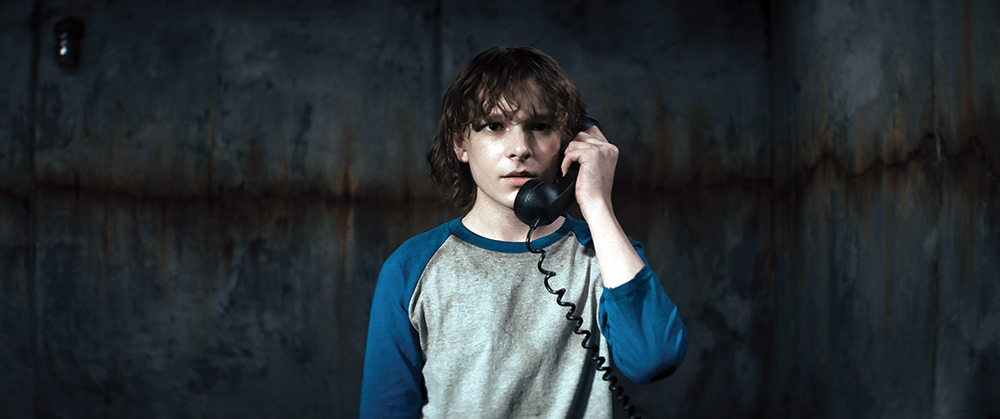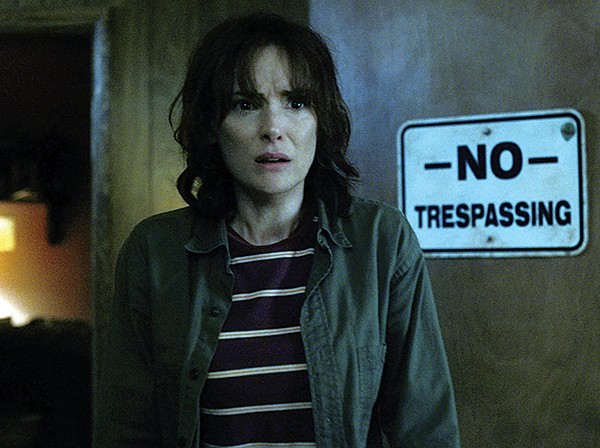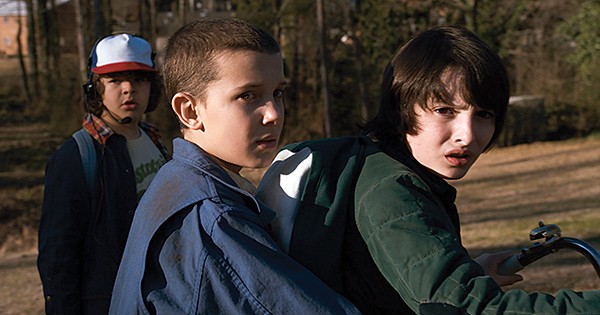One of the most unlikely success stories of the last decade is Stranger Things. When it debuted in 2016, the ’80s horror pastiche was an immediate hit and proved Netflix could create original content that was as good as or better than the best broadcast and cable TV networks had to offer. Encouraged by the success of the Duffer Brothers’ vision, Netflix spent the next few years throwing money into original content. After riding high on new subscriber numbers driven by the pandemic lockdown, Netflix’s stock price (which was financing all that original content) dropped suddenly after reporting a slight loss of subscribers in the first quarter of 2022. As they canceled projects and laid off staff, it seemed that the Netflix magic had dissipated.
Then, a funny thing happened. Stranger Things season 4 was released after a multi-year pandemic delay. Now set in 1986, the new season featured a pivotal scene involving a 30-year-old song by Kate Bush. That week, “Running Up That Hill (A Deal With God)” instantly became the best-selling song on iTunes, then the most listened-to song on Spotify, then Bush’s first No. 1 song in England since 1978. Stranger Things had made an esoteric art rock song about trading bodies with your boyfriend into an international smash hit. That is cultural power on a scale rarely seen in our fragmented media age.
Stranger Things didn’t invent the modern thirst for horror, but it did take it mainstream. The Duffer Brothers’ influence can be seen everywhere from the recent Stephen King revival of Doctor Sleep and It to the self-aware ’70s horror of X. Now, The Black Phone is the latest to answer the call that is coming from inside the house.

Finney (Mason Thames) and his sister Gwen (Madeleine McGraw) live in the sleepy suburban Denver of 1974. On the surface, it’s a world of little league baseball games and dewy morning walks to school. But there is darkness lurking just under the surface. Finney is bullied mercilessly at school by roving packs of jerks who think he’s not manly enough. At home, their father Terrence (Jeremy Davies) has reacted to the death of their mother by crawling into a bottle.
On top of that, there’s a rash of missing children in the area, which the media has dubbed the work of The Grabber. Gwen starts to have dreams about her missing classmates, and when she tells someone about the details, it earns her a visit from the police. It seems she knows details of the crimes that no one but the cops and the killer should know. The cops can’t pin anything on her, but her father reacts with a savage beating. Her mother had prophetic dreams too, he tells Gwen, and that’s why she killed herself.
That scene between McGraw and Davies is where the vibe departs from the feel-good scares of Stranger Things and ventures into much darker territory. It’s one of the most real depictions of child abuse I’ve ever seen on film. The next day, Finney gets grabbed by The Grabber (Ethan Hawke) and wakes up in a concrete basement, featureless except for a bare mattress and an ancient wall phone that was long ago disconnected.
Hawke (whose daughter Maya Hawke is currently stealing scenes on Stranger Things) brings his considerable acting chops to bear on The Grabber. The passive aggressive kidnapper is a little bit Norman Bates and a little bit Buffalo Bill. He doesn’t kill Finney immediately but instead holds him hostage and puts him through mind games. When the disconnected phone rings, Finney thinks it’s just another of The Grabber’s tricks. But when he answers (what else is there to do?), the voice on the other end claims to be the spirit of one of The Grabber’s other victims.
The Black Phone is directed by Scott Derrickson, whose last project was Marvel’s Doctor Strange, and based on a 2004 novella by horror writer Joe Hill. The film embraces the theory that horror films serve as a way to process trauma. It’s hard to think of another set of child characters who have been so obviously traumatized even before the film starts. But they are not beaten down by it — Gwen is feisty enough to call the police detectives “fart-knockers” in front of her school’s principal. The chemistry between the brother and sister duo of McGraw and Thames feels very natural, which is a credit to the two young performers. Like Stranger Things, it is the bond between the kids that ultimately saves the day, in a world where the adults have seriously messed things up.

 Erika Mugglin
Erika Mugglin 
